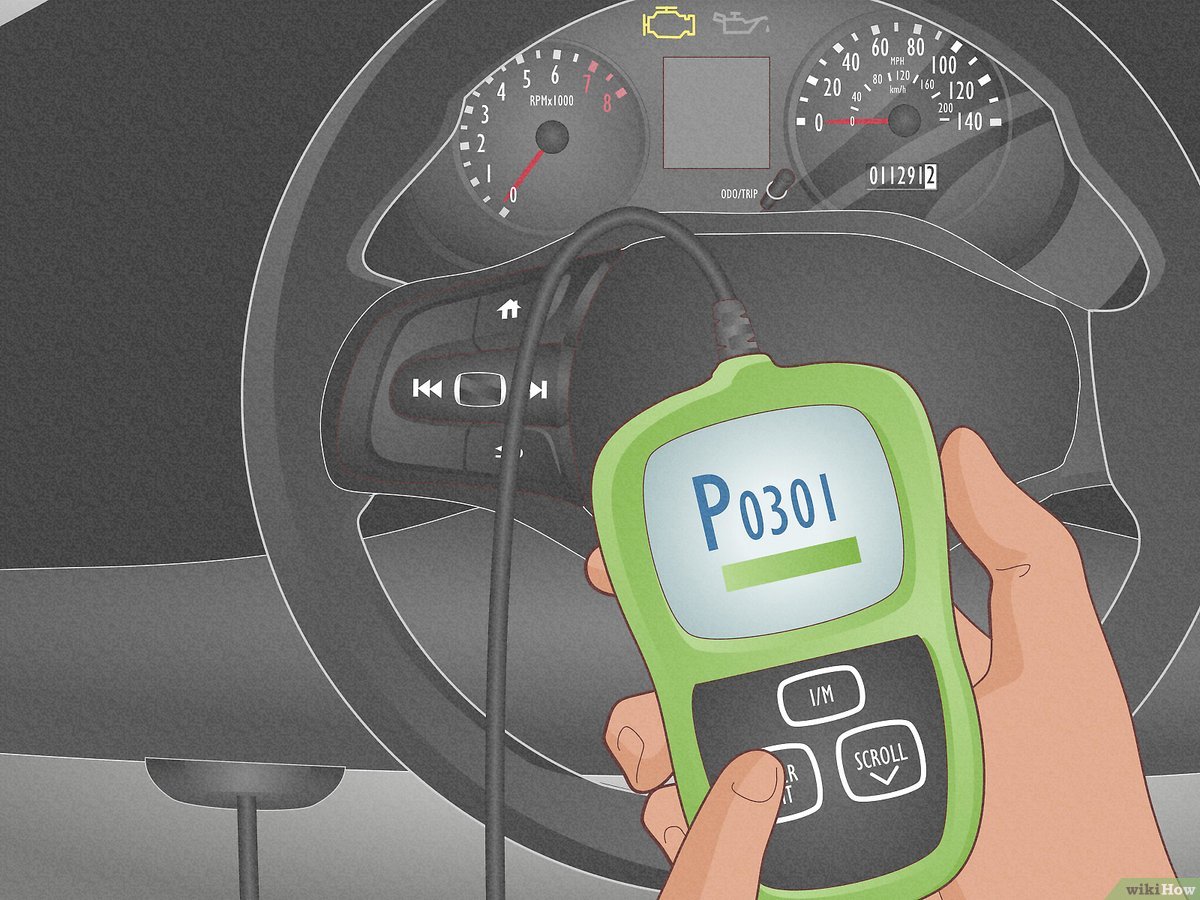Why Is My Car Shaking And Engine Light On

A shaking car combined with an illuminated check engine light (CEL) is a scenario that no driver wants to face. It's a clear signal that something is significantly amiss within your vehicle's complex systems. While the shaking can range from subtle vibrations to violent tremors, ignoring it could lead to further damage and costly repairs. This article will delve into the common causes of this problem, offering insights for both car owners and seasoned mechanics.
Understanding the Symptoms
Before diving into the potential culprits, it's crucial to understand the specific nature of the shaking. Is it present at all times, or only at certain speeds? Does it worsen under acceleration or braking? Noticing these details can help narrow down the possibilities. The check engine light itself can provide valuable clues. Its presence indicates that the vehicle's onboard diagnostic (OBD) system has detected a fault. Using an OBD-II scanner will reveal the Diagnostic Trouble Code (DTC), essentially a coded message that pinpoints the area of concern.
Common Culprits: Misfires
One of the most frequent causes of a shaking car and a lit CEL is a misfire. A misfire occurs when one or more of the engine's cylinders fails to combust the air-fuel mixture properly. This can result in a rough idle, loss of power, and noticeable vibrations. Several factors can contribute to misfires:
- Faulty Spark Plugs: Spark plugs ignite the air-fuel mixture. Worn, fouled, or damaged spark plugs can lead to incomplete combustion. Replacement costs are typically inexpensive, making this a good first check.
- Ignition Coils: Each cylinder has an ignition coil that delivers the high-voltage spark. A failing coil can cause intermittent or complete misfires. Replacing a single coil is often a straightforward DIY task, but proper diagnosis is crucial.
- Fuel Injectors: Fuel injectors spray fuel into the cylinders. Clogged or malfunctioning injectors can disrupt the air-fuel mixture, leading to misfires. Fuel injector cleaning or replacement may be necessary.
- Vacuum Leaks: Vacuum leaks can disrupt the engine's air-fuel ratio, causing misfires, particularly at idle. Common leak points include vacuum hoses, intake manifold gaskets, and PCV valves.
Modern vehicles often have systems in place to shut down the misfiring cylinder to protect the catalytic converter. If this happens, the shaking can become much more pronounced.
Other Potential Causes
While misfires are a common culprit, other issues can also cause a shaking car and trigger the CEL:
- Transmission Problems: Issues within the transmission, such as slipping gears or a faulty torque converter, can manifest as vibrations and shaking. These problems are often accompanied by unusual noises or shifting difficulties.
- Engine Mounts: Engine mounts secure the engine to the chassis and absorb vibrations. Worn or broken mounts can allow excessive engine movement, resulting in noticeable shaking.
- Drivetrain Issues: Problems with the drivetrain components, such as the driveshaft, axles, or differential, can also cause vibrations, especially at higher speeds.
- Catalytic Converter: Although less common, a clogged or failing catalytic converter can create backpressure and affect engine performance, potentially leading to shaking and a CEL.
- Sensor Malfunctions: Various sensors, such as the mass airflow (MAF) sensor or oxygen sensors, provide critical data to the engine control unit (ECU). Faulty sensor readings can disrupt engine operation and cause vibrations.
Diagnosis and Repair
Diagnosing the root cause of a shaking car and a lit CEL requires a systematic approach. Begin by retrieving the DTCs using an OBD-II scanner. This will provide valuable clues about the area of concern. Visual inspection of components like spark plugs, ignition coils, and vacuum hoses can often reveal obvious problems. However, more advanced diagnostic techniques, such as compression testing, fuel pressure testing, and using a scan tool to monitor sensor data, may be necessary. In many cases, it’s recommended to consult a qualified mechanic. They can use specialized tools and expertise to pinpoint the issue and recommend the appropriate repairs.
For example, a common issue in some Ford trucks with the 5.4L Triton engine is spark plug failure and subsequent misfires. Similarly, BMW engines are known for occasional ignition coil failures that can cause similar symptoms.
Preventive Maintenance
Regular maintenance is key to preventing many of the problems that can lead to a shaking car and a lit CEL. Following the manufacturer's recommended maintenance schedule, including regular spark plug replacement, fuel injector cleaning, and thorough inspections, can help ensure optimal engine performance and prevent costly repairs. Addressing minor issues promptly can also prevent them from escalating into more serious problems.
